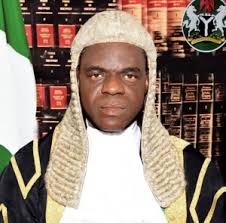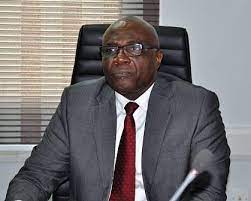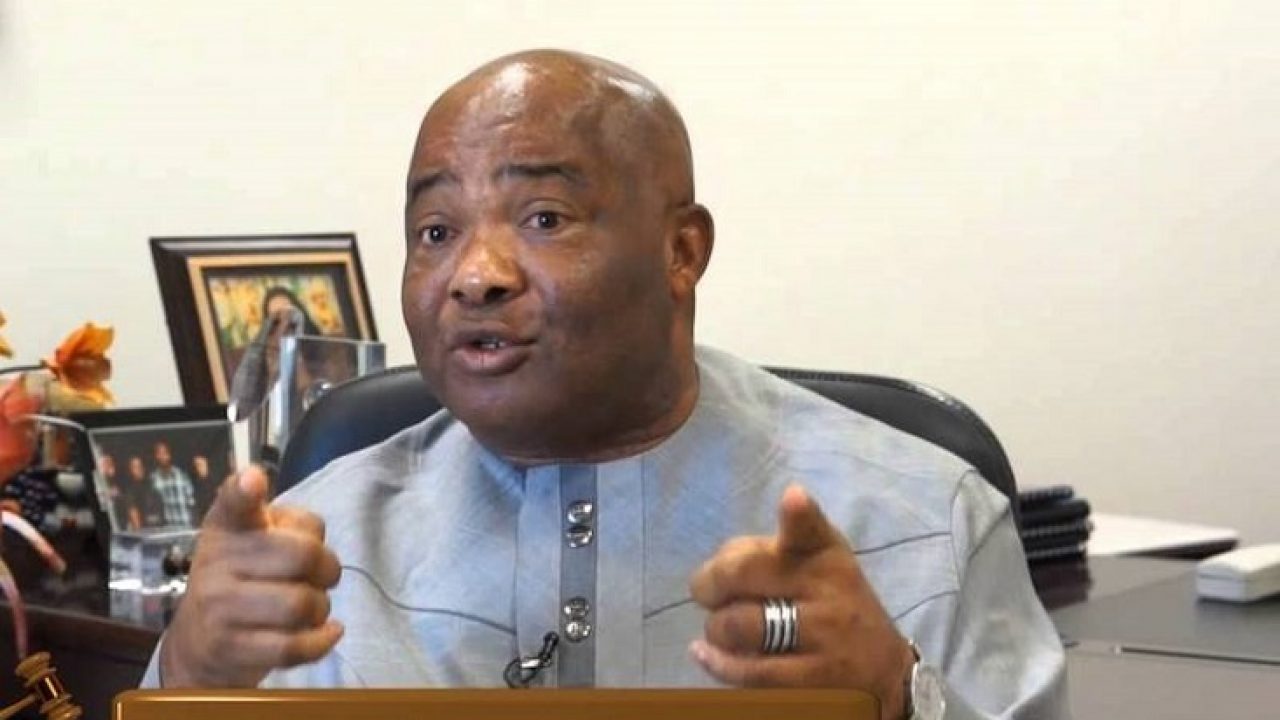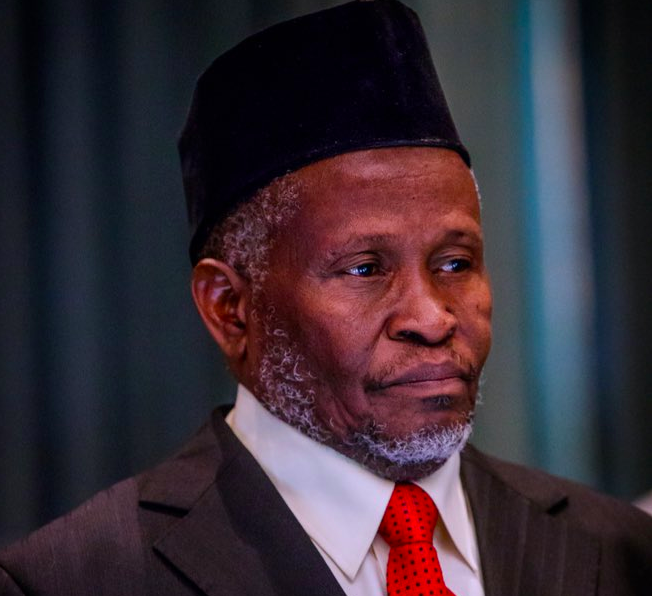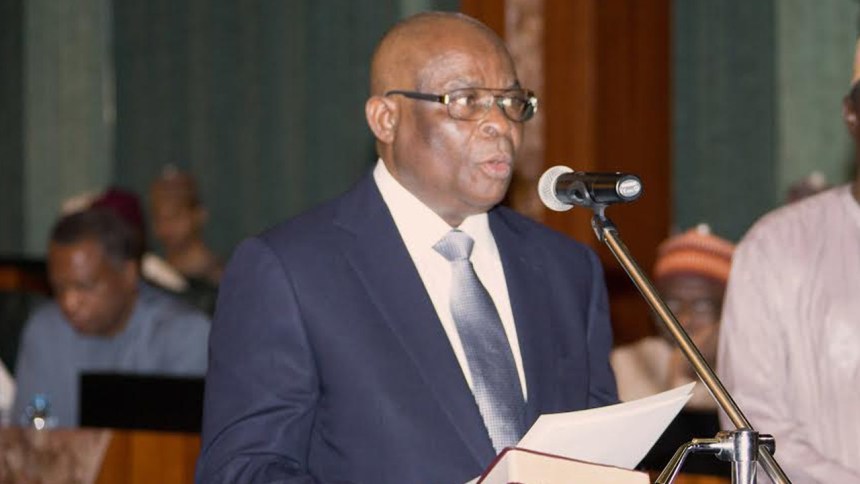THE Constitution of the Federal Republic of Nigeria, 1999 (as amended) provides in its section 231 (1) that “(1) The appointment of a person to the office of Chief Justice of Nigeria shall be made by the President on the recommendation of the National Judicial Council subject to confirmation of such appointment by the Senate”, whilst subsection (4) thereof orders the President to appoint the most senior Justice of the Supreme Court to fill the vacant office of Chief Justice of Nigeria. Then subsection (5) thereof warns that any person appointed pursuant to the provisions of subsection (4) of section 231 of the Constitution, must be confirmed within three months of such appointment or such appointment shall lapse and cannot be renewed, unless the National Judicial Council recommends otherwise.
On November 10, 2016, Mr. Justice Mahmud Mohammed retired from office, having attained the mandatory retirement age of 70. Traditionally, the next most senior Justice of the Supreme Court succeeds his predecessor-in-officer. In this case, the next most senior Justice of the Supreme Court, after Mohammed, is Justice Walter Samuel Nkanu Onnoghen, CFR, and aged 66. Justice Onnoghen, of Cross River State extraction in the South-South of Nigeria, became a Justice of the Supreme Court in 2007. On the same date that Justice Mohammed retired, the National Judicial Council (NJC) forwarded Justice Onnoghen’s name to the President, who should immediately have transmitted his name to the Senate for confirmation. This was not to be. Instead, the President appointed him Acting CJN, an unprecedented appointment in Nigeria’s judicial history. Over a fortnight after the NJC formally communicated its nomination to the President, the latter omitted, neglected or simply refused to forward the NJC’s nominee to the Senate. And over two months after the NJC sent Onnoghen’s name to the President pursuant to the provisions of section 231 (1), it is unclear whether or not whether Onnoghen’s name has been sent to the Senate for confirmation.
Meanwhile, after February 10, 2017, Acting CJN Onnoghen’s appointment will lapse and the President cannot, in view of the provisions of subsection (5) of section 231 of the Constitution. If, come February 11, Onnoghen’s appointment as Acting CJN lapses, the next most senior Justice of the Supreme Court will be Justice Ibrahim Tanko Muhammad; after whom is Justice MuntakaCommassie, northerners all! This has set tongues wagging as to the intension of President Muhammadu Buhari. Does he want Onnoghen’s acting appointment to lapse so that he can appoint the next most senior Justice of the Supreme Court, Justice Tanko Muhammad, a northerner? A deliberate plot to scuttle Onnoghen’s appointment as substantive CJN? The President did not enjoy the massive votes of the South-South electorate in the 2015 election which brought him to power; therefore, is he reluctant to appoint a citizen of the South-South as CJN? Since 1987, after Justice Ayo Irikefe from the South-South, the CJNs have all been Northerners: from Justice Mohammed Bello to Mahmud Mohammed. Does the President want the appointment of the CJN to toe the line of his other appointments, skewed as they are, in favour of the North, where he got the now-popular 95 per cent of the votes that brought him to power? Tongues continue to wag.
Meanwhile, as at press time, Onnoghen’s acting appointment will lapse in about 25 days, unless the NJC otherwise recommends, which is most unlikely!
We appeal to the President, if he has not done so, to forward Justice Onnoghen’s name to Senate for possible confirmation before it is too late, because it would be unwise to politicize the time-tested tradition of the apex Court of the land for any reason(s) whatsoever. To vitiate this sacrosanct tradition would be deleterious to the justice administration system in Nigeria. That is why lawyers are worried; that is why the Nigerian Bar Association is agitated and itchy.

 Entertainment5 days ago
Entertainment5 days ago
 Health1 week ago
Health1 week ago
 Health4 days ago
Health4 days ago
 Football1 week ago
Football1 week ago
 Football1 week ago
Football1 week ago
 Crime4 days ago
Crime4 days ago
 Crime1 week ago
Crime1 week ago
 Education6 days ago
Education6 days ago


